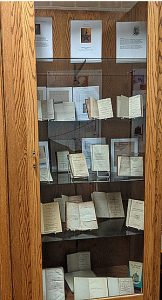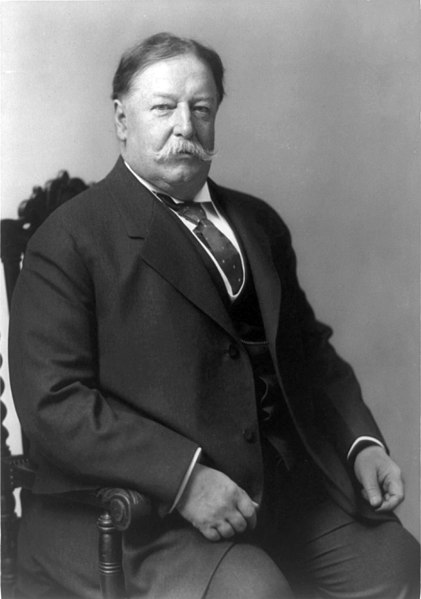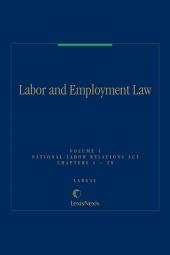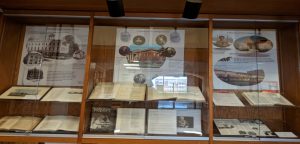Constitution Day, September 17, 2021
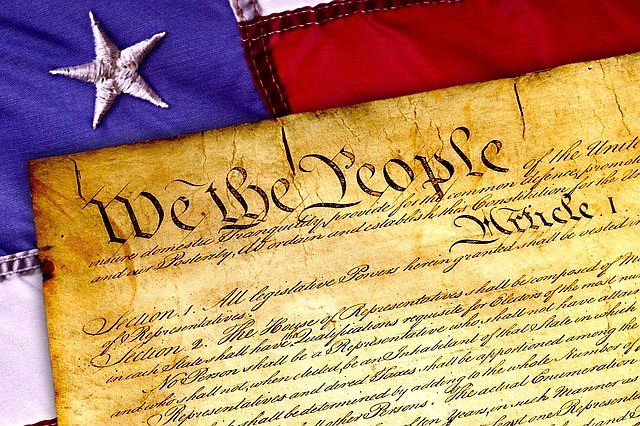 #Constitution Day is observed each year on September 17 to commemorate the signing of the Constitution on September 17, 1787. Public Law 108-447 requires that every educational institution which received Federal funds hold a program on the Constitution for students on September 17. President Biden’s Presidential Proclamation on Constitution Day and Citizenship Day, and Constitution Week, 2021 states “I have often said that America is the only Nation founded on an idea. Though we have never fully lived up to it, we have never walked away from it. We have never stopped striving to fulfill the founding promise of our Nation — that all of us are created equal and deserve to be treated equally throughout our lives. My Administration is committed to bringing us closer to the fulfillment of that promise.”
#Constitution Day is observed each year on September 17 to commemorate the signing of the Constitution on September 17, 1787. Public Law 108-447 requires that every educational institution which received Federal funds hold a program on the Constitution for students on September 17. President Biden’s Presidential Proclamation on Constitution Day and Citizenship Day, and Constitution Week, 2021 states “I have often said that America is the only Nation founded on an idea. Though we have never fully lived up to it, we have never walked away from it. We have never stopped striving to fulfill the founding promise of our Nation — that all of us are created equal and deserve to be treated equally throughout our lives. My Administration is committed to bringing us closer to the fulfillment of that promise.”
2021 College of Law Constitution Day Speaker
This year the College of Law’s Constitution Day speaker is Richard Albert, Professor of World Constitutions and Director of Constitutional Studies at The University of Texas at Austin. He will discuss the U.S. Constitution, why it is hard to amend, and why it is revered in his lecture “The Grenade, the Hourglass, and the Sundial: Constitutional Time in the United States and the World.” More at Constitution Day Event Details.
Articles by Professor Albert available on HeinOnline. Selected books by Professor Albert available at the Law Library include:
- An Unamendable Constitution?: Unamendability in Constitutional Democracies (e-book)
- Canada in the World: Comparative Perspectives on the Canadian Constitution (e-book)
- Constitutional Amendments: Making, Breaking, and Changing Constitutions (e-book)
- Constitutionalism Under Extreme Conditions: Law, Emergency, Exception (e-book)
Robert S. Marx Law Library Constitution Day Display
The Robert S. Marx Law Library is home to one of the largest collections of rare and special law books in Northwest. The collection consists of approximately 10,000 volumes of historical legal books and pamphlets printed during the mid-1500s through mid-1900s. Most of the items in the Collection consists of scholarly, out of print books on English and American law and legal history. These include numerous classics in the field. The books have been individually selected and function together as a comprehensive research tool providing services to scholars and legal communities locally, nationally, and internationally on various aspects of the law and legal history, thus contributing to the further advancement of legal education and scholarship. The Collection is strongest in the areas of constitutional history and early English law.
To celebrate Constitution Day, the Robert S. Marx Law Library is pleased to present a display of a few noteworthy items within the collection, including:
- One of the earliest editions of Magna Carta, printed in London in 1578
- The Law of Laws: or, The Excellency of the Civil Law, Above All Other Humane Laws Whatsoever. Shewing of How great use and necessity the civil law is to this nation, by Sir Rob. Wiseman, printed in London, 1686.
- First edition of The Federalist Papers, printed in New York, 1788.
- First edition of The Constitutions of Several Independents States of America, printed in Philadelphia, 1781.
- Laws of the Territory of the United States Northwest of the River Ohio, printed in Cincinnati 1800.
The Collection also contains of very rare and unique items on the history of slavery in the United States and the works of the lawyers, judges, and activists leading to the Civil Rights Act of 1866. A few examples are on display. Of note are:
- Narrative of the Life of Frederick Douglass, an American Slave, Written by Himself .., printed in Dublin, Ireland by the abolitionist printer Richard D. Webb in 1846.
- Anti-slavery addresses of 1844 and 1845, by Salmon Portland Chase and Charles Dexter Cleveland, printed in in London and Philadelphia,1867.
Constitution Week Selected Resources
September 17 through September 23 is Constitution Week. In celebration, check out some of the resources below:
- Constitution Annotated
- In publication for over 100 years, the Constitution Annotated is a comprehensive, government-sanctioned record of the interpretations of the Constitution. Through 2 U.S.C. § 168, Congress has ordered the Librarian of Congress to compile and periodically update the Constitution Annotated to provide essential information to Congress and the public at large.
- Documents from the Continental Congress & Constitutional Convention, 1774 – 1789
- Contains 277 documents relating to the work of Congress and the drafting and ratification of the Constitution. Items include extracts of the journals of Congress, resolutions, proclamations, committee reports, treaties, and early printed versions of the United States Constitution and the Declaration of Independence. Most broadsides are one page in length; others range from 1 to 28 pages. A number of these items contain manuscript annotations not recorded elsewhere that offer insight into the delicate process of creating consensus. In many cases, multiple copies bearing manuscript annotations are available to compare and contrast.
- Federalist Papers: Primary Documents in American History
- The Federalist Papers were a series of eighty-five essays urging the citizens of New York to ratify the new United States Constitution. Written by Alexander Hamilton, James Madison, and John Jay, the essays originally appeared anonymously in New York newspapers in 1787 and 1788 under the pen name “Publius.” The electronic text of The Federalist used here was compiled for Project Gutenberg by scholars who drew on many available versions of the papers.
- Founders Online
- Through this website, you can read and search through thousands of records from George Washington, Benjamin Franklin, Alexander Hamilton, John Jay, John Adams, Thomas Jefferson, and James Madison and see firsthand the growth of democracy and the birth of the Republic. As of mid-2021, Founders Online contained over 185,000 documents in all.
- National Constitution Center’s Interactive Constitution
- Learn about the text, history, and meaning of the U.S. Constitution from leading scholars of diverse legal and philosophical perspectives.

